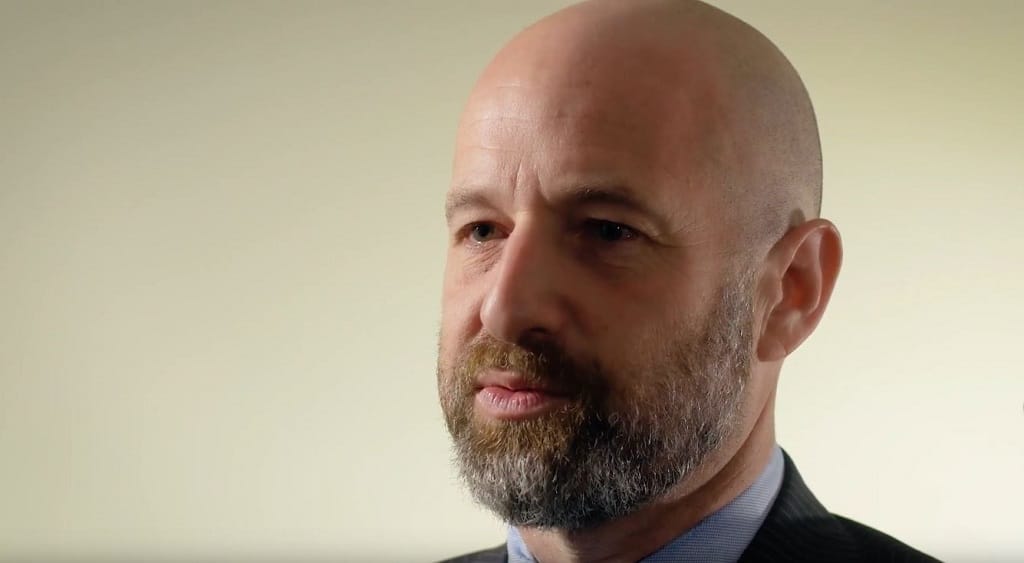Economist Warns of Customer Losses if Broadband Revenues Find Way in Universal Service Fund
A number of players have pitched the idea of having big tech platforms pay into the basic telecommunications fund.
Ahmad Hathout

WASHINGTON, April 21, 2022 – An economist argued Thursday that expanding the contribution base of the Universal Service Fund to broadband revenues will reduce adoption of broadband services by millions.
Hal Singer, managing director of Econ One Research, said during a panel hosted by the TPRC that a broadband revenue surcharge on customer bills will see a total subscriber loss of nearly 10 million. Currently, the fund, which is used to deliver basic telecommunications services to rural and low-income areas of the country, is derived from voice service revenues passed down to consumers.
Singer published those findings last year alongside his colleague Ted Tatos in a paper that proposed that the Universal Service Fund be subsidized by digital advertising revenue, a space dominated largely by two large technology players: Facebook and Alphabet, parent company of Google.
Advocates for expanding the fund to include broadband revenues have argued that the contribution percentage against revenues would be low enough so that adoption would be unaffected.
The debate about what to do about the sustainability of the fund – called into question because of its reliance of largely one source of service revenues – have swept the industry. The Federal Communications Commission is currently studying the fund’s future, with submissions into the agency including proposals to expand the fund to include broadband revenues, contributions from big technology platforms and ditching all that and taking the fund’s source from general taxation.
The TPRC panel included Carol Mattey of Mattey Consulting and Roslyn Layton, senior vice president at Strand Consult and former program committee chair of the TPRC. Mattey, whose report last year on the matter pitched the idea of expanding the base to include broadband revenues, defended the position, stating that the FCC cannot wait around for three years for the problem to be solved and should act as soon as possible.
Mattey has previously said that the FCC has the jurisdiction to unilaterally expand the fund’s base, but that notion is currently being challenged in court. Singer said the FCC would need to get Congress involved to expand the base to include digital advertising revenue.
For Layton, the issue also involves the ongoing sustainability of the networks. She reiterated a previous point she jointly made with a number of academics that it’s unfair for consumers and internet service providers to shoulder the load of supporting the fund and that, because big tech platforms and video streaming services consume so much of the bandwidth on the networks, they must be brought into the equation.









Member discussion